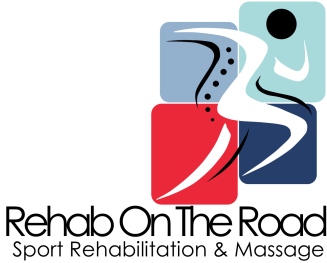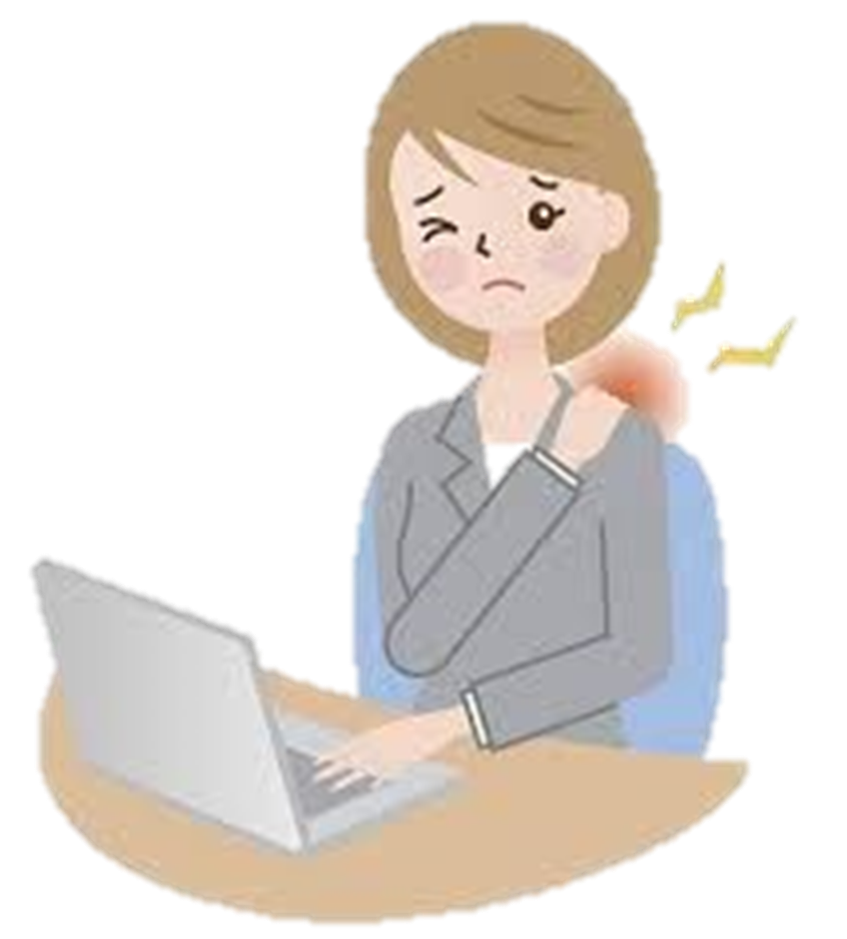An acute wry neck or ‘stiff neck’ is a common complaint which will probably affect everyone at some point in their life
Symptoms
- May have woken up with the symptoms or moved the head suddenly and felt a sudden pain in the neck.
- A tight, stiff feeling in the neck and surrounding muscles and have great difficulty moving the neck.
- May have deformity as the neck muscle tighten up or go into a protective spasm.
- May experience headaches and/or have pain radiating down into the upper back or arms.
Causes
The cause of an acute stiff neck is often from a sharp movement of the head which brings on symptoms suddenly.
More often than not a stiff neck is caused by tight neck muscles which may have occurred over time from poor posture or repetitive strain.
Working at a desk using a mouse causes constant tension in neck, shoulder and arm muscles.
If the muscle cannot relax then blood is not pumped through it and eventually, it weakens and goes into spasm to protect itself.
Then a sudden movement causes a minor strain in the muscle which in turn tightens up resulting in neck pain, restricted movement, and deformity.
The levator scapulae muscle is a common cause of neck pain and stiffness. Poor posture, repetitive neck movements, unusual neck positions (especially when sleeping), stress, sports activities or lifting weights can increase the likelihood of suffering from this.
Anatomy
One theory of the cause of an acute wry neck is the zygapophysial joint in the neck. If this is suspected as the origin of symptoms then pain will be felt over the zygapophysial joint itself or spinus process at the back of the neck.
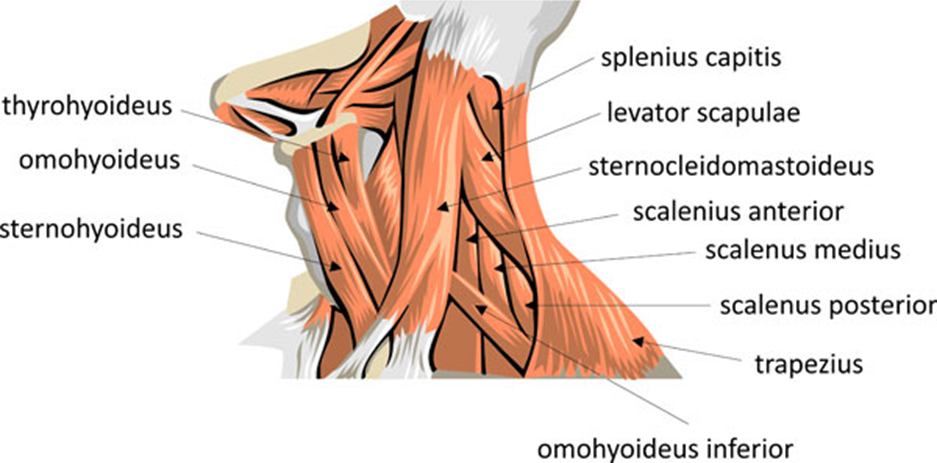
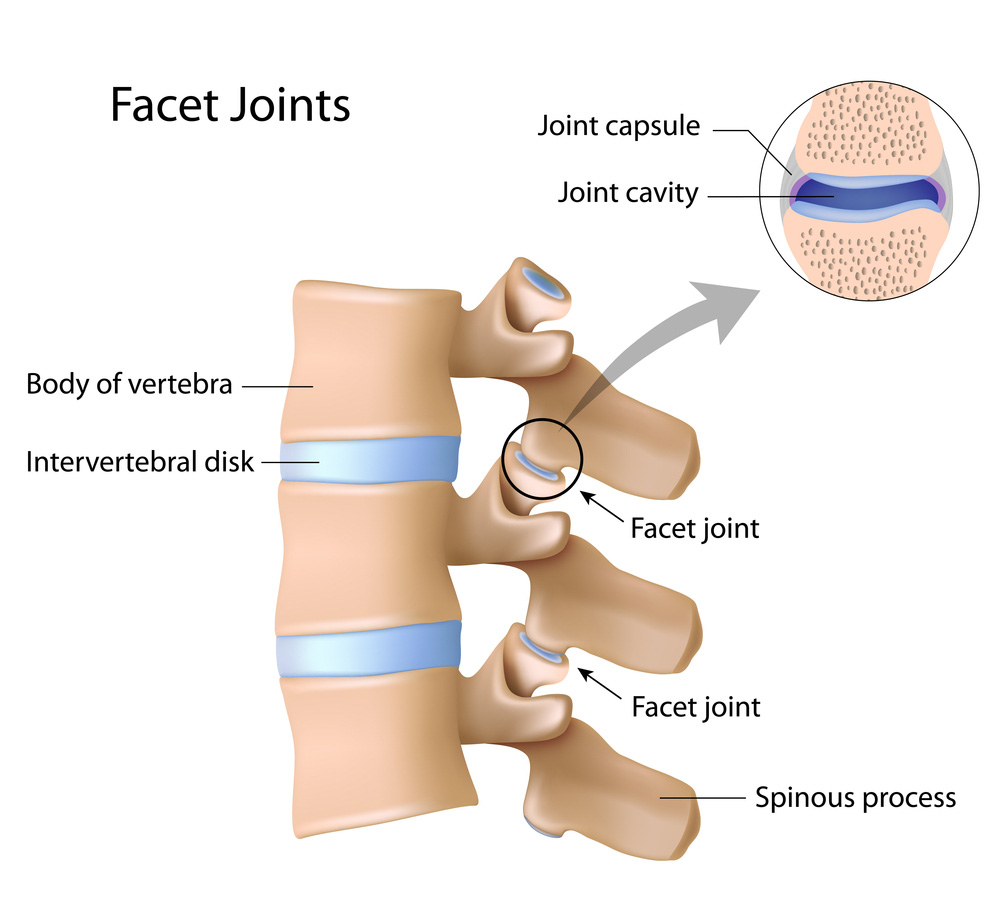
Treatment & Prevention
Treatment for a stiff neck is to manage symptoms and improve the condition of the muscles through massage & exercises.
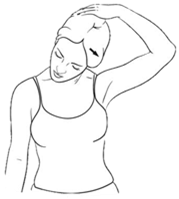
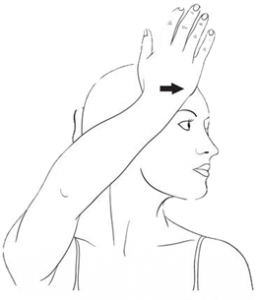
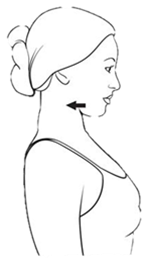
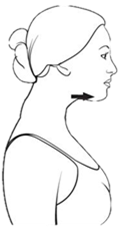
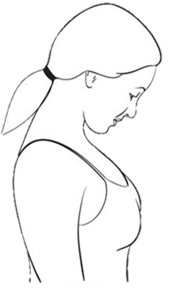
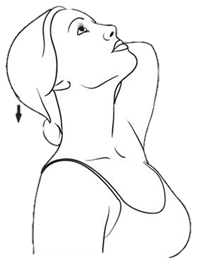
Most neck pain is associated with poor posture combined with age-related wear and tear. Some simple changes in your daily routine may help. Consider trying to:
Use good posture. When standing and sitting, be sure your shoulders are in a straight line over your hips and your ears are directly over your shoulders.
Take frequent breaks. If you travel long distances or work long hours at your computer, get up, move around and stretch your neck and shoulders.
Adjust your desk, chair and computer so that the monitor is at eye level.
Avoid carrying heavy bags with straps over your shoulder.
Sleep in a good position. Your head and neck should be aligned with your body. Use a small pillow under your neck. .
Contact Me
Let's chat!
Need more information? Send me an email or drop me a line. I don’t bite!
- Charlotte@rehabontheroad.co.uk
- 07971448719
